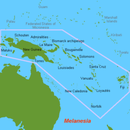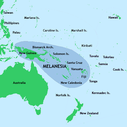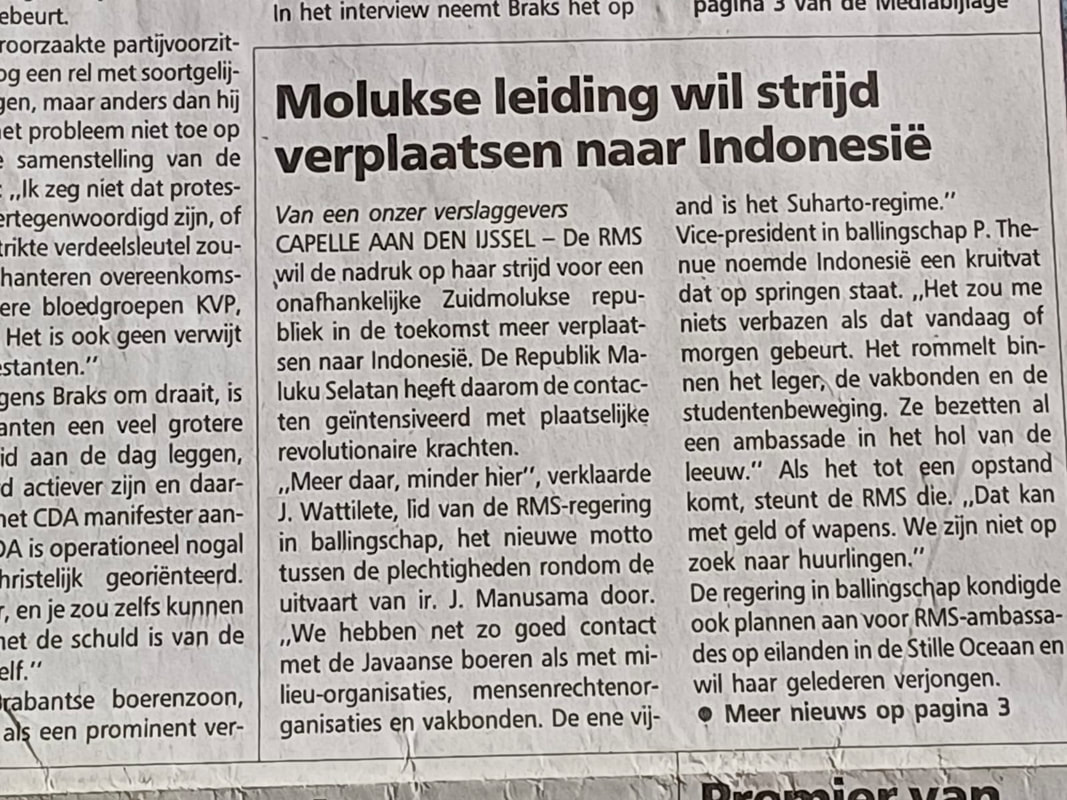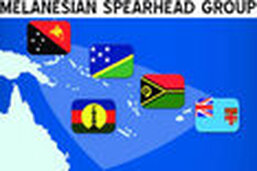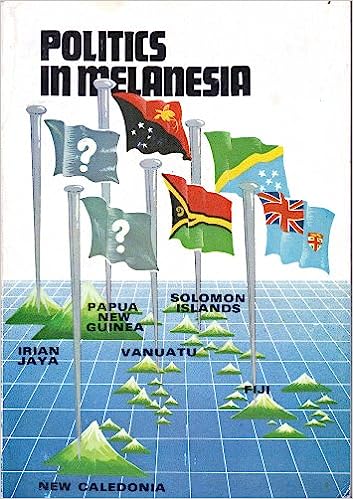MELANESIA vs INDONESIA
|
We regret that there is some justification to the Israeli and South African complaint that the international community is very selective in its denunciations. It pains us deeply that there is indeed a grain of truth to this argument.
How else can we explain the condemnations of the annexation of Jerusalem and the Golan Heights, but silence on the annexation of East Timor? How else can we explain the condemnations of apartheid but the silence on the plight of the Melanesian people of West Papua? How else can we explain the appeals to sever economic ties with South Africa while a South African company participates in the exploitation of West Papua's oil resources? How else can we explain the concern over Israeli and South African military expansionism, and the indifference to the military expansionism in our region which has already seen West Papua and East Timor swallowed, if not digested, and which now provokes, and threatens the sovereignty and territorial integrity of our good neighbor, Papua New Guinea? Our region is known for its calm and serene atmosphere. The countries of the South Pacific are populated by peace loving people of diverse ethnic and cultural backgrounds. However, our similar colonial histories have instilled in us all a strong aversion to external interference and foreign rule. On this we are in total accord. Unfortunately, the international community has not yet taken note of this. Thus, while our support is given as a matter of principle in the struggle against apartheid, little is known of our own struggle against the same practices in our own region. Molisa, October 11, 1984 Melanesia (from Greek: μέλας black, νῆσος island) literal meaning is "islands of the black-skinned people".
Melanesia is a subregion of Oceania extending from the western side of the West Pacific to the Arafura Sea, north and northeast of Australia. |
23 October 2012 From 1960 to 1990, islands across the Pacific gained independence or self-government. In the years following this, Ian Johnstone and Michael Powles interviewed the Pacific people in key leadership positions in the lead-up to and achievement of independence, many of whom became well-known in the Pacific and more widely. This book presents a nation-by-nation history of this change from being colonial subjects to citizens of Pacific nations from the point of view of the leaders involved. An accompanying CD contains excerpts from the original interviews. |
